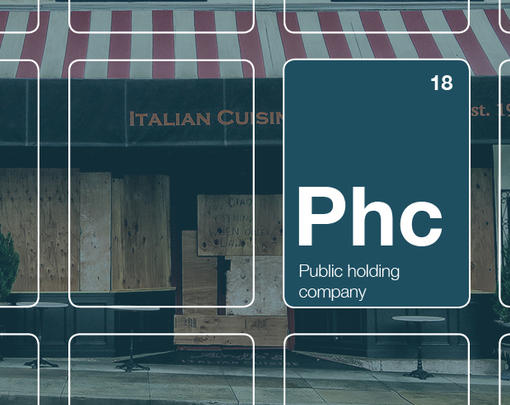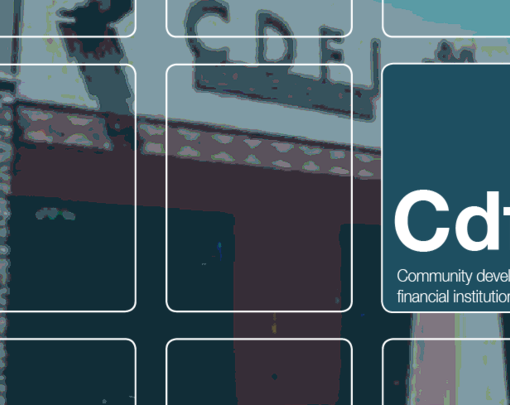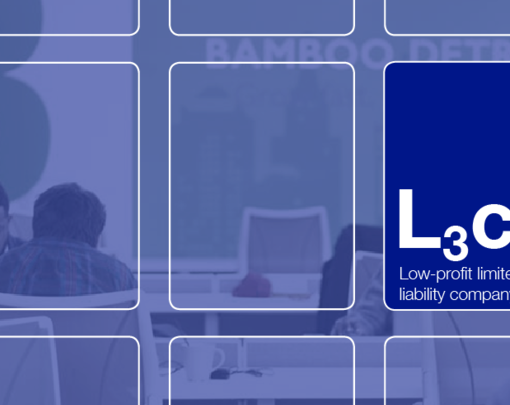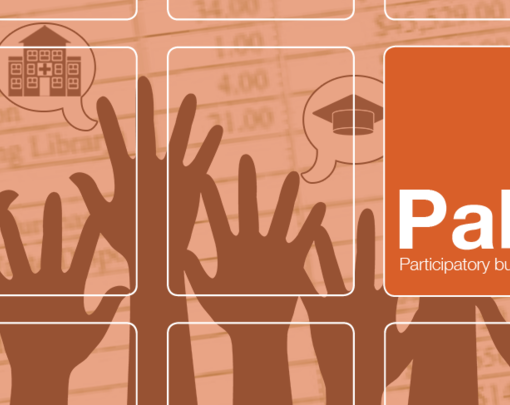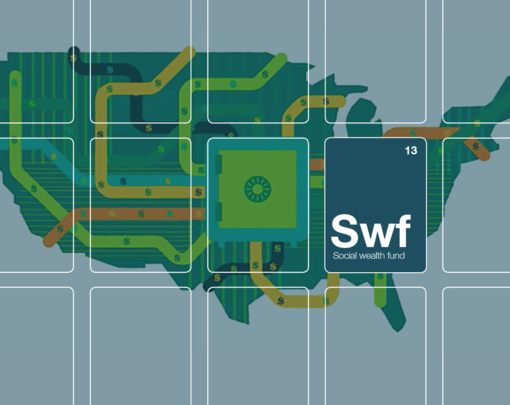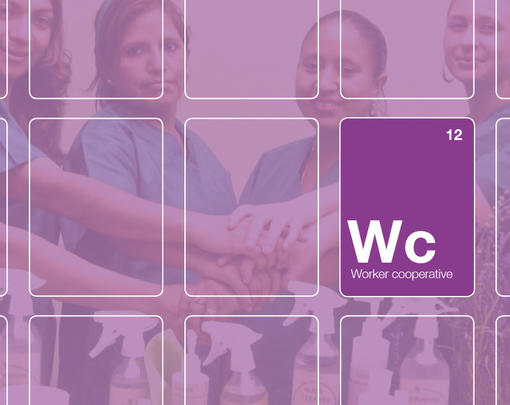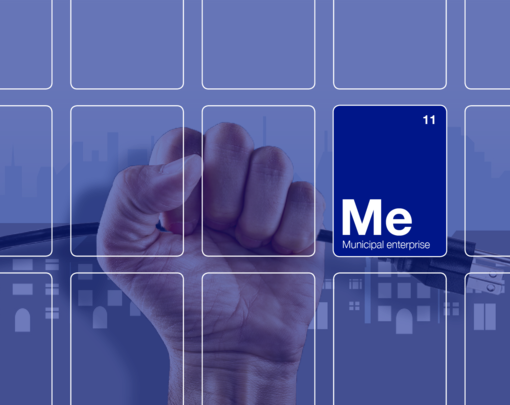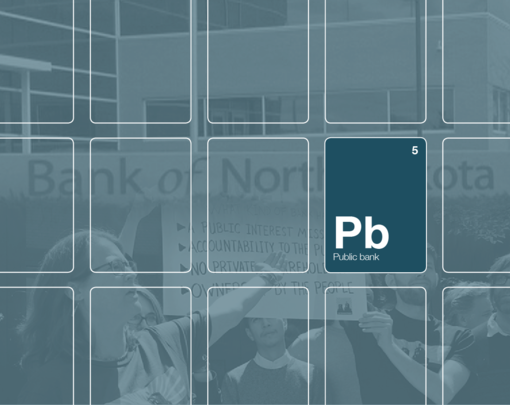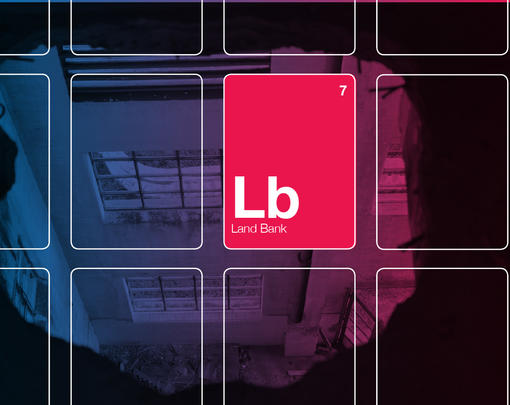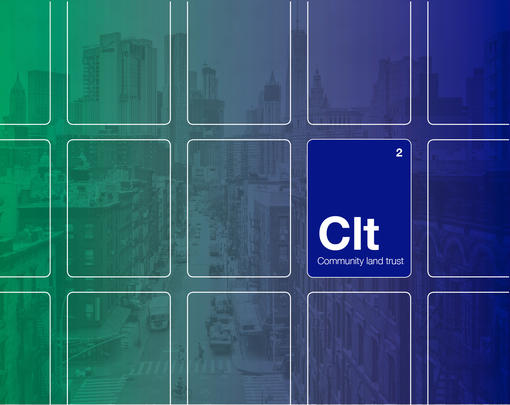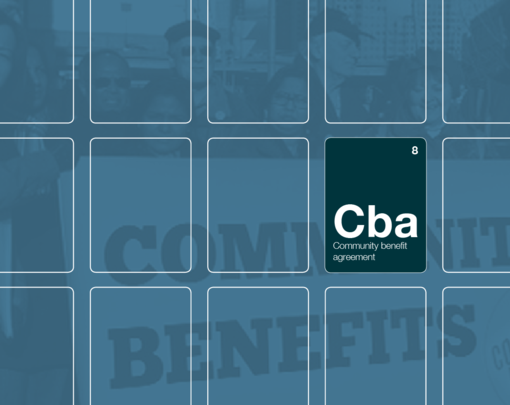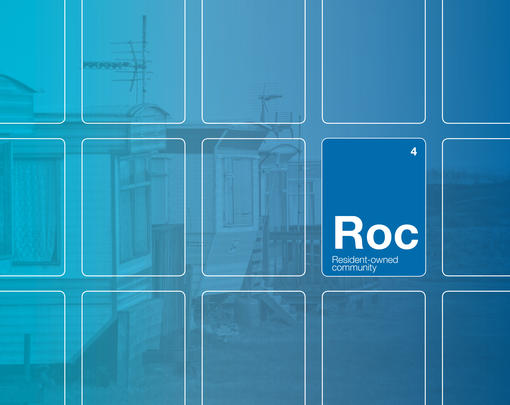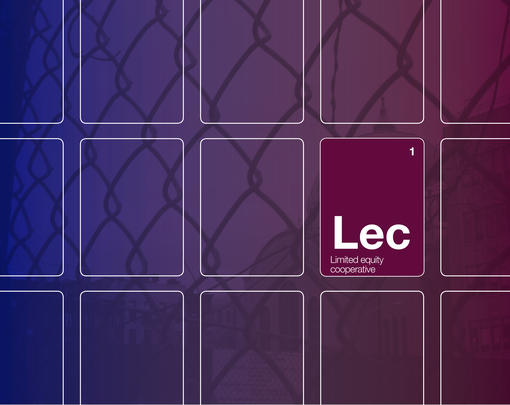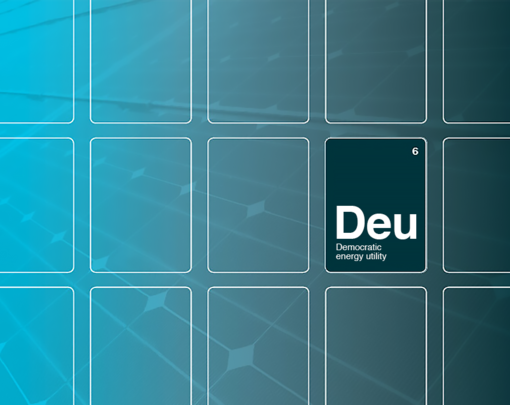Description
The commons are collective resources managed by self-organized social systems under mutually acceptable terms.
They are our collective heritage as a species—both those resources which we inherit from previous generations and those which we create—managed in such a way as to preserve shared values and community identity. The commons are the collective resources themselves, and the practice of collective economic production and social cooperation used to steward those resources—as well as the values of equity and fairness that underpin them—is often referred to as commoning. Many resources can be managed as commons (though often there are attempts to privatize or “enclose” many of those same resources). These can include knowledge, urban space, land, blood banks, seed banks, the internet, open source software and much more.
Potential Impact
The commons are pervasive and as such, often go unnoticed. However, their thriving existence alongside forms of private and public ownership provides a framework for understanding and creating social value beyond the confines of conventional economics.
The rich traditions and successes of commoning provide models for how to push back against privatization and enclosure, ensuring common resources are protected for future generations. Meanwhile, political economist Elinor Ostrom’s Nobel Prize-winning work has disproved the enduring “tragedy of the commons” hypothesis that collectively managed natural resources would necessarily be overexploited and destroyed over the long term.
Taxing the private use of common resources, combined with
redistribution or other efforts to formalize “commons trusts” to ensure their sustainable stewardship, could help stem the tide of privatization and extraction. The tax proceeds could be used as a form of reparation to communities that have traditionally borne the brunt of extraction of their common resources, and to restore those resources when depleted.
Transformative Characteristics
Commoning is a generative and “value-making” process that can decommodify land and other resources, and demonstrate that communities can manage them effectively without private control or state governance. It asserts a different “universe of value” and worldview from capitalism and unfettered consumerism, and helps communities break free from the scarcity mindset of capital. “The commons does not compete on p rice or quality, but on cooperation,” says commons activist and author David Bollier. It “‘out-cooperates’ the market … by itself eliciting personal commitment and creativity and encouraging collective responsibility and sustainable practices.”
The commons, and related peer-to-peer production models, offer concrete, replicable, and dynamic frameworks for sustainably managing existing resources and creating new ones. They also offer a model for deciding what not to produce in order to most effectively protect our global common resources.
Examples
Wikipedia
Wikipedia is a form of online knowledge commons, “a multilingual, web-based, free-content encyclopedia project supported by the Wikimedia Foundation and based on a model of openly editable content.” It contains more than 5 million encyclopedia entries (a shared resource), created and edited by its authors and editors (a community) with a set of community-determined content and editing guidelines (rules). Wikipedia displaced once-expensive bound encyclopedias to become one of the world’s largest reference websites, attracting hundreds of millions of unique users per month and engaging over 140,000 active users—a group that anyone with an internet connection can join—in creating and editing content in almost 300 languages.
El Parque de la Papa
Peru’s “potato park” is a community-led conservation project that preserves traditional customs and indigenous rights to the “living library” of genetic information contained in the over 900 varieties of potato found in the Inca Valley region. The native Quechua peoples bred and cultivated these potato varieties for centuries, but biotech and agricultural corporations moved to appropriate the genetic information in the seeds and take commercial control without the consent of the Quechua people. They then forced the Quechua to pay for the seeds their ancestors had worked so hard to breed and protect. Indigenous representatives organized and successfully negotiated the repatriation of the potato varieties and the rights to conserve them in a 32,000-acre potato park. More than 8,000 community members now collectively manage the park to “promote the cultivation, use and maintenance of diversity of traditional agricultural resources” and to ensure their traditional agricultural resources do not become subject to private intellectual property rights.
Challenges
Most people are not aware of the pervasiveness and enduring nature of the commons and don’t understand commoning as a viable alternative to consumption-driven and competitive economics. The increasing enclosure and privatization of the commons is erasing our collective memory of many enduring commoning practices. For example, control of the majority of the global seed market (a resource once managed as a commons in many communities) is now concentrated in a handful of multinational corporations. Furthermore, scarcity of some common resources may intensify competition for control in the coming years, while others lack adequate infrastructure support and are therefore vulnerable to privatization.
More Resources
• The Commons Transition Primer: https://primer.commonstransition.org
• News, analysis and resources on the commons: www.bollier.org
Download and Share




